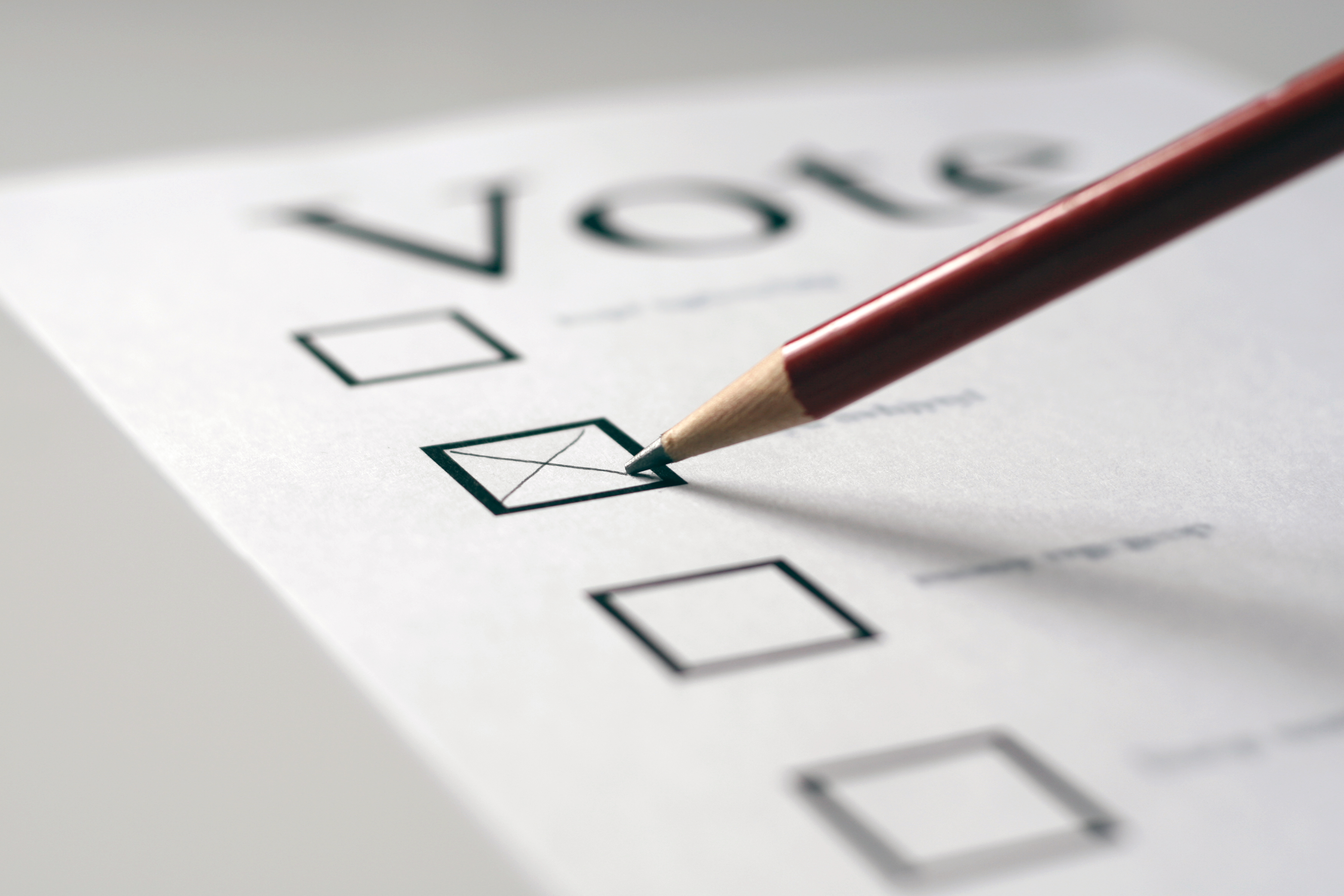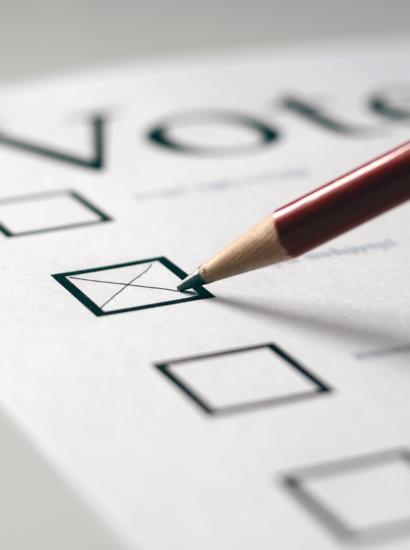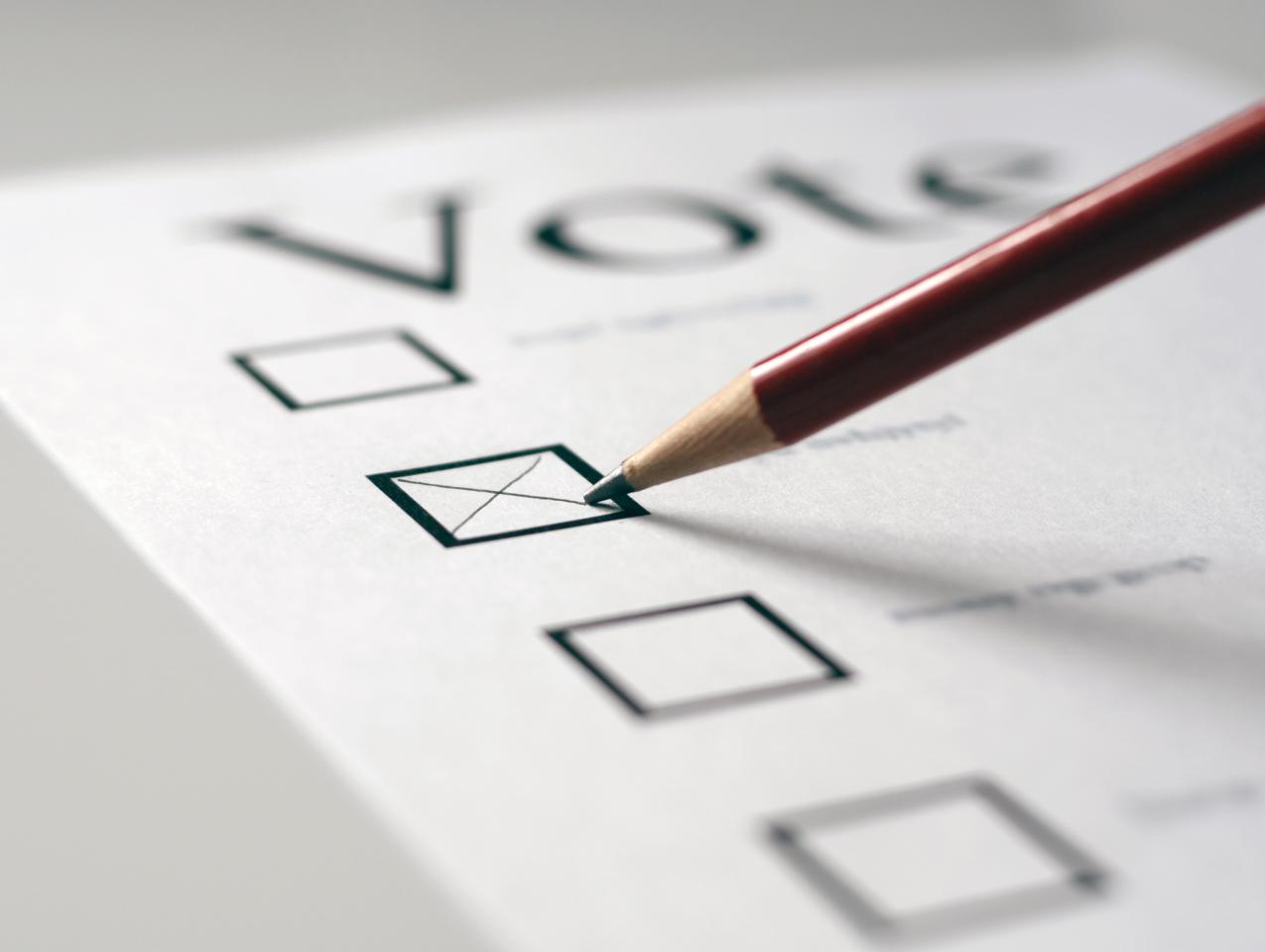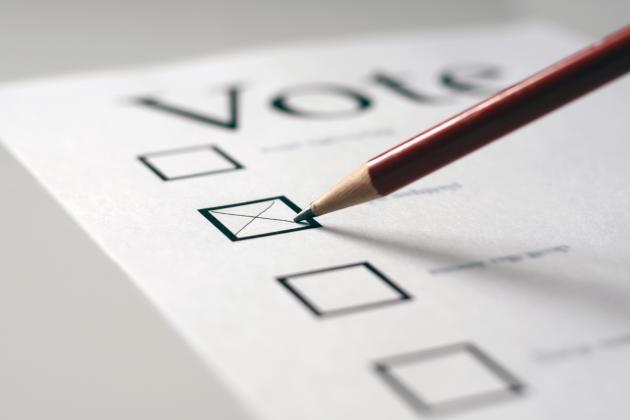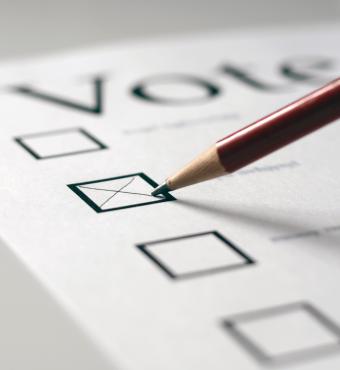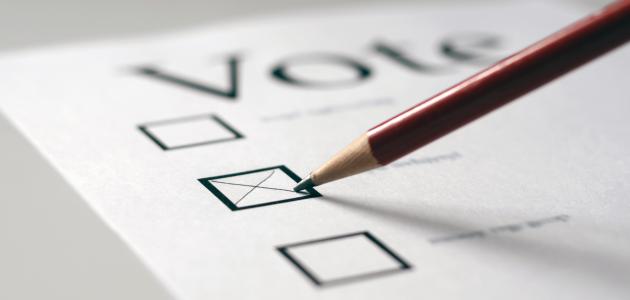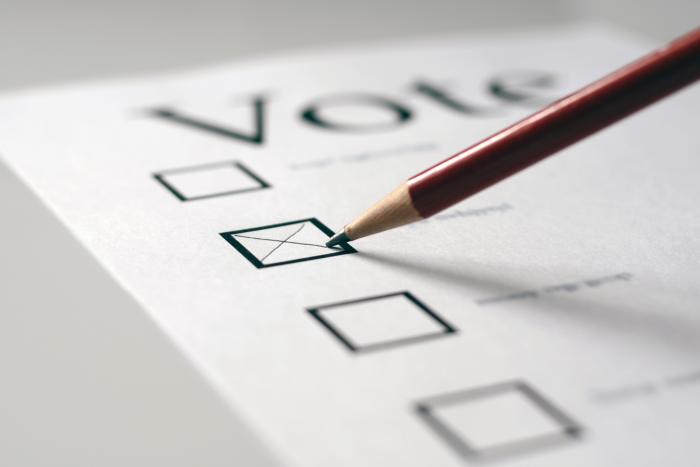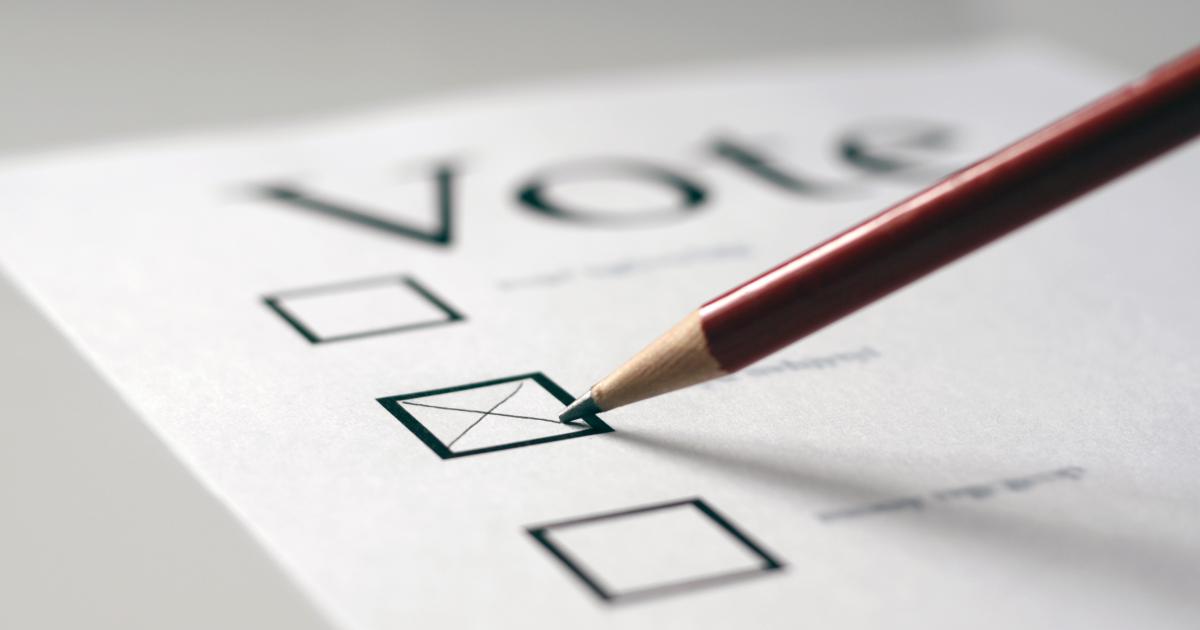- State & Local
- Empowering State and Local Governance
Much like Charlie Brown trying to kick a football, only to land flat on his back, California is primed for another dose of political futility two Tuesdays from now—a presidential primary that’s likely to have precious little national impact, as has been the norm for the Golden State for the past five-and-a-half decades, dating back to the last campaign of Robert F. Kennedy.
Why does California consistently whiff as a presidential king- or queen-maker?
It’s not for lack of trying.
Repeatedly, in presidential years over the past three decades, the Golden State has advanced its primary months ahead of its normal first-Tuesday-in-June date only to walk away disappointed. That’s because, by the time the presidential race shifts to California, the drama is over (which seems true this year, with Donald Trump the likely Republican nominee and President Biden not facing a significant challenger).
Add to California’s woes: primary math. As one of a multiple of “Super Tuesday” participants, it’s easy for America’s most populous state to get lost in the crowd (this year, fifteen other states vote the same day as California). Even were there a competitive contest in 2024, a presidential candidate might decide to win several smaller, less expensive states on March 5 as opposed to going for broke (and maybe ending up broke) by concentrating on the West Coast.
Is there a remedy for California’s bruised political ego? Sure, Golden State politicians could try to move California all the way to the front of the primary pack. But the likely result would be some form of punishment by the national party (five states suffered this fate in 2012 when they broke party rules and held early primaries). Besides, traditionalists would decry the shift from the “retail politics” of Iowa and New Hampshire to a California landscape where “air power”—spending lavishly on television ads—rules supreme.
All of that said, the lack of presidential clout might be the third biggest shortcoming with regard to California primaries.
Those other two design flaws:
1.”Open” Primary, Closed Minds. In 2010, California voters approved Proposition 14 and a new primary system that advanced the top two vote getters to the general election regardless of political affiliation.
Champions of the reform argued that the new system—an open primary, top two primary, or jungle primary, depending on how one chooses to phrase it—would introduce a new approach to campaigning in the Golden State (candidates appealing beyond their parties’ respective bases) and a new breed of California incumbents (at the time, the political prognosticator Nate Silver was predicting a future wave of New England-style moderates in the Golden State).
Fourteen years later, it seems that Proposition 14 hasn’t lived up to that hype. A quick glimpse of California’s statewide officeholders (eight state constitutional officers and two US senators) shows not a single moderate in the bunch.
One could easily blame these incumbents for choosing not to campaign across party lines. But the fault also lies with the collapse of a competitive two-party system in the Golden State.
Heading into 2012, the first election featuring the open primary rules, California was home to 2.2 million more registered Democrats than registered Republicans. Heading into 2024, the gap had widened to nearly five million potential voters. While the overall number of registered voters in California has grown by five million over the past dozen years, the state GOP’s share is up by just 169,000 while the Democratic gain is 2.9 million (here’s a rundown on historic voter registration).
Given the advantage in those numbers, a Democratic statewide candidate could decide that there’s no point in trying to appeal to the Republican bloc. But in today’s California, something far more sinister is happening: Democrats trying to elevate rival Republicans in hopes that a certain-to-lose GOP candidate will be the November opponent.
Such is the strategy of Rep. Adam Schiff in this year’s US Senate primary. Schiff’s concerted ad campaign targeting Republican Steve Garvey seems more about rallying Republicans to Garvey’s side than making the case for elevating the Democratic congressman.
Then again, Schiff isn’t the only Senate hopeful to advertise in contrast to the open primary’s "Kumbaya” spirit. Rep. Katie Porter, who stands to be the odd-candidate-out if Schiff manages to get Garvey into the November runoff, is running social media ads touting the conservative virtues of Republican Eric Early. (“Who’s the real Republican threat in the California Senate race?” a Facebook post asks. “MAGA Republican Eric Early proudly stands with Donald Trump, while Steve Garvey refuses to tell us who he supports. Garvey claimed he might even vote for Joe Biden. Get the facts.”)
Is Porter suddenly a fan of the red-hat crowd? More likely, she knows a divided share of the Republican vote improves her chances of avoiding a third-place finish.
As for California’s other “primary concern” …
2. A Stifled Ideas Debate. We came down hard on California Republicans for the state GOP’s brand collapse hurting a primary process better served by a healthy, two-party competition.
Now, it’s time to take California Democrats to the woodshed.
Eleven months after California voters signed off on Proposition 14, then governor Jerry Brown signed SB 202, which banned voter-driven initiatives from future Golden State primary ballots.
Brown defended his action along civic-minded lines. “There are dramatically more voters at a general rather than a primary election," the governor’s signing statement read. “The idea of direct democracy is to involve as many voters as possible. This bill accomplishes that objective."
Another way to interpret the governor’s action: as conservatives potentially have a greater presence in lower-turnout primaries, moving all voter initiatives to the November ballot means the greater likelihood of right-leaning ideas dying on the vine.
Case in point: 2012’s Proposition 32, a “paycheck protection” measure banning the use of union dues as political contributions to state and local candidates. Without Brown and the state Legislature’s intervention, Proposition 32 may have appeared on 2012’s June primary ballot, in which about 5.3 million Californians participated (13.2 million Californians voted that November). As that primary was in a year that featured a more spirited Republican presidential race (Mitt Romney clinching the GOP nomination less than a week before California voted) the result was an enthusiasm gap working in favor of Republicans. Democratic presidential candidates received only 150,000 more votes than the Republicans on the same June ballot, at a time when there were 2.2 million fewer registered Republicans. While Proposition 32 received only 43.4 percent support (a margin of defeat of over 1.6 million votes), the smaller turnout and narrower partisan gap suggests a closer outcome—one that the governor and his fellow Democrats in the state Legislature didn’t want to risk.
In 2024, the absence of voter-submitted propositions makes for a duller primary ballot given the absence of provocative ideas. While Californians do get to vote on one ballot measure—Proposition 1, a $6.38 billion bond to build mental-health treatment facilities—that initiative is as much an exercise in sidling up to California governor Gavin Newsom as it is addressing the state’s chronic homeless problem.
Absent last decade’s initiative ban, imagine what a different primary ballot it might have been this year. Progressive voters perhaps would be looking at a measure to repeal language in the state constitution stipulating that marriage exists only between a man and a woman (it’s one of six initiatives eligible for the November ballot). Conservative voters maybe would have a chance to revisit the controversial Proposition 47 and express their frustration with “smash and grab” thefts and lenient punishment (presuming this ballot measure currently in circulation, with the primary in mind, might have operated on a different schedule).
A primary in which candidates appealed across party lines to voters’ better angels, with the electorate offered a slate of populist reforms?
Sadly, that’s only so much California dreaming.







